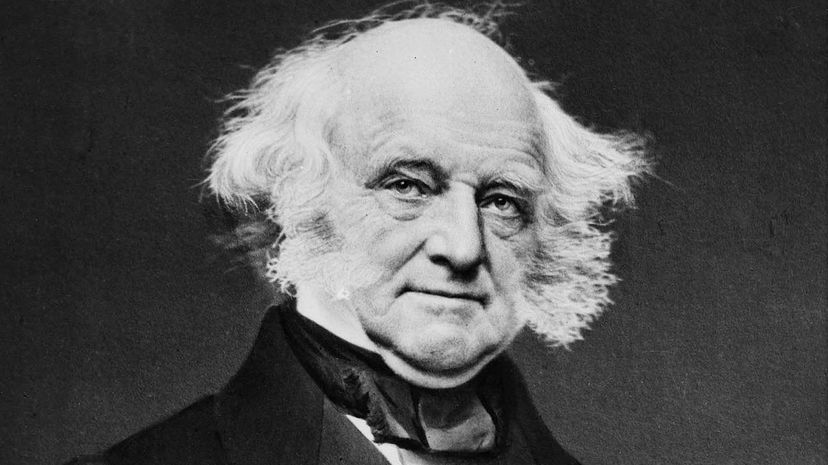
About This Quiz
When you flip through a U.S. history book or listen to historians ramble through a lecture, how often does a president's name come up that you don't recognize? Maybe they were one of the Founding Fathers; maybe they were one of the many Civil War veterans who went on to hold office. Perhaps they were a one-term president who is barely mentioned by the revisionists today.Â
Whether they were writing the first laws by candlelight or using complex computer detection systems to defend the country from foreign threats, every president who has served the United States played a role in getting the country to where it is today. That's why it is essential to remember who these world leaders were and what part they contributed to the annals of U.S. history during their respective eras.Â
Here's your chance to do that. We've come up with a quiz to help you remember the last names of the 44 presidents who have served our country. Do you think your memory will serve you well, or will those progressive Republicans from the early 20th century get the best of you?Â
Get started and dive back into U.S. history by giving us the last names of the presidents listed in this quiz.
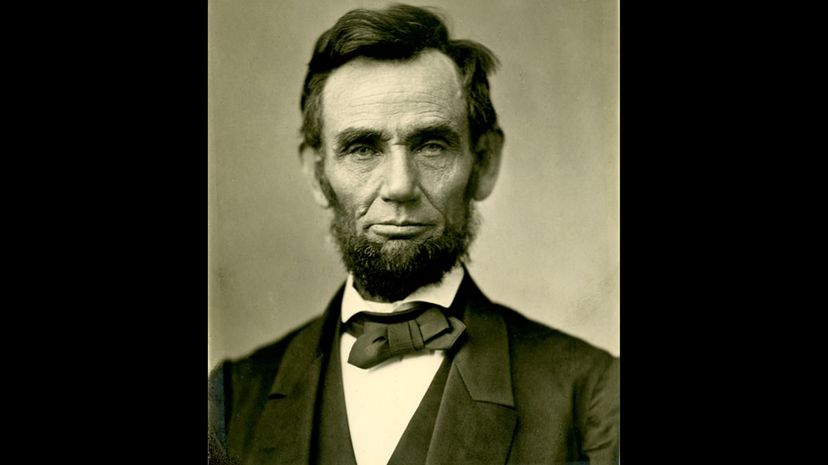
When Abraham Lincoln was elected as the 16th President of the United States, he became the first president elected under the Republican Party. The party preached free soil politics, where new states would be added as free states for non-slave owning opportunists.
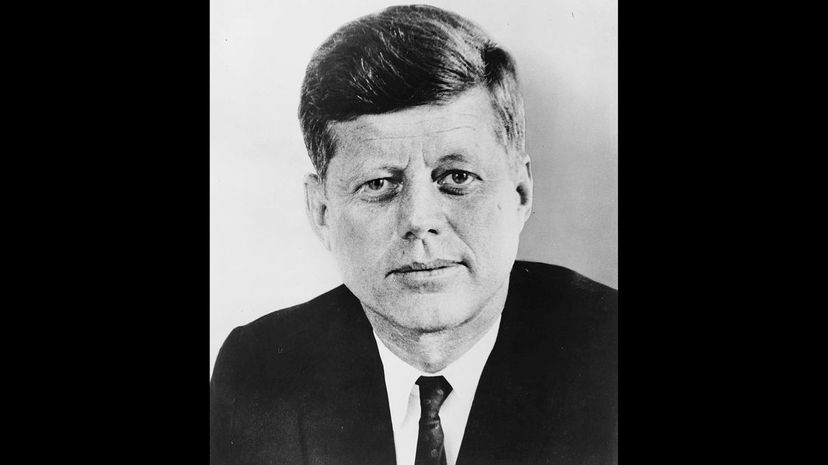
John F. Kennedy was assassinated before he got to finish his first term in office, but he dealt with some major events during his partial tenure. No event was more significant than the Cuban Missile Crisis, which might be the closest the world has come to nuclear destruction.
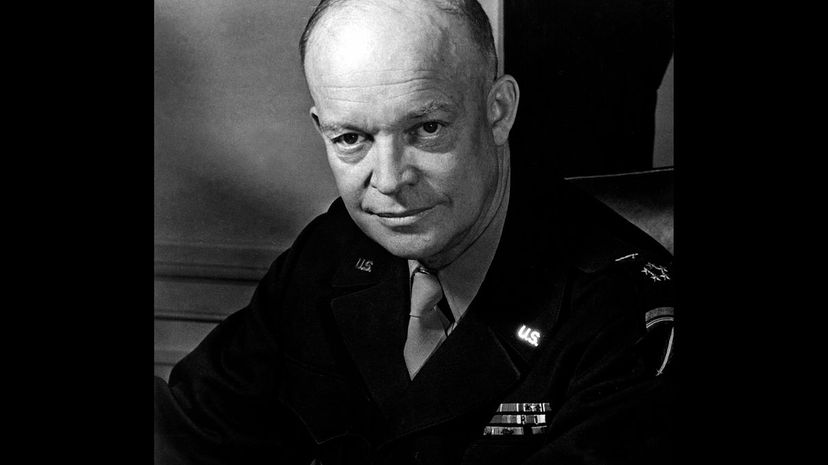
Before his presidency, Dwight D. Eisenhower was a national hero during WWII, serving as the Supreme Allied Commander in Europe. His role in the conflict helped bring down the German war machine led by Adolf Hitler.
Advertisement
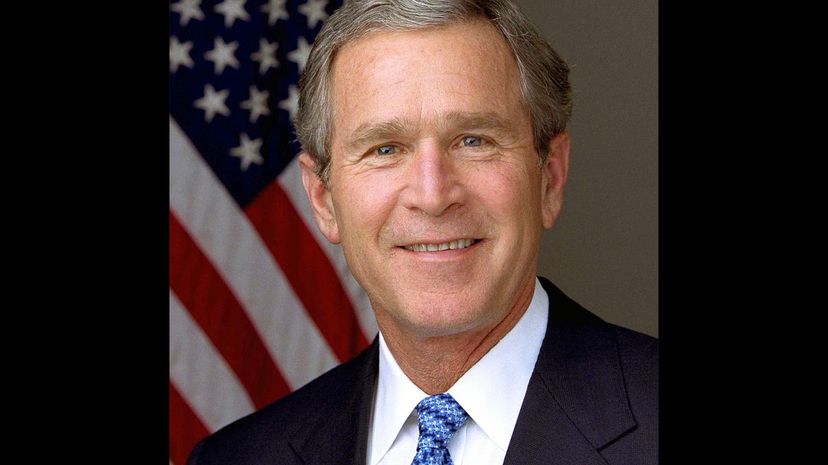
Following the events of Sept. 11, George W. Bush led the United States into a war in the Middle East that was largely supported around the country. However, as the war spread across the region, support began to dwindle.
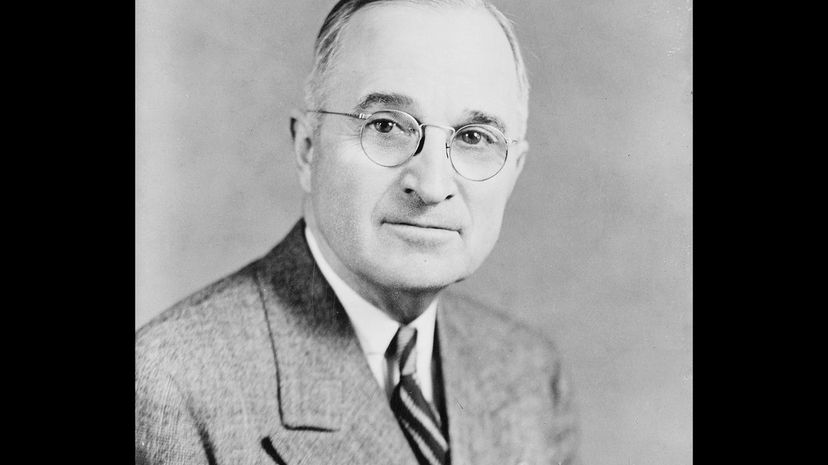
After WWII ended, Harry S. Truman recognized the next problem: Communism. In an effort to contain its spread, Truman issued the Truman Doctrine, which offered help to any country trying to keep communism out.
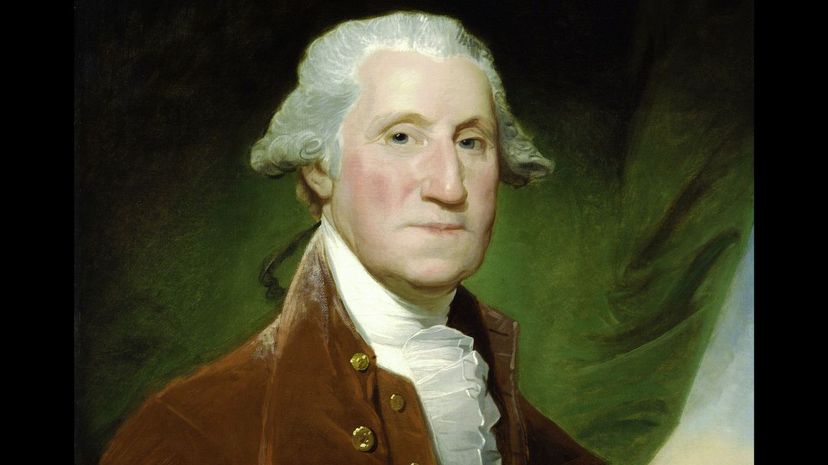
Recognizing him as the most powerful man in the new nation, troops from the American Revolution asked George Washington to seize power for himself. Instead, worn out from fighting, Washington decided that democracy was the path forward.
Advertisement
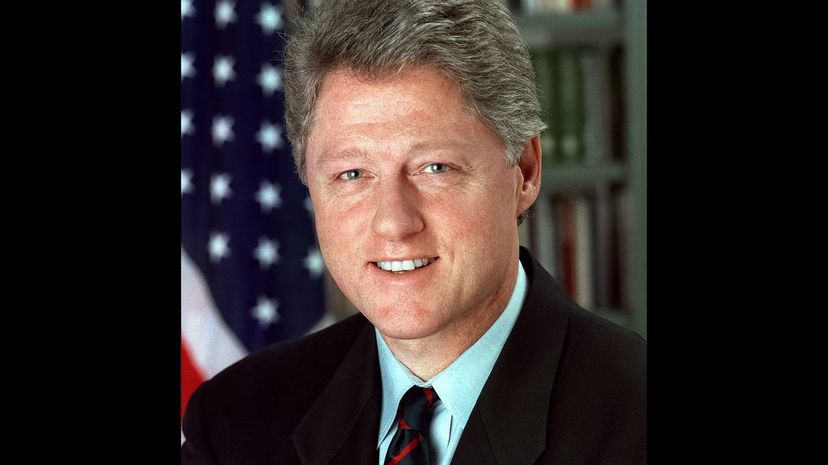
Bill Clinton and his wife, Hillary Clinton, almost became the first husband and wife duo to both be elected president when she ran for election in 2016. However, Hillary was defeated despite winning the popular vote.
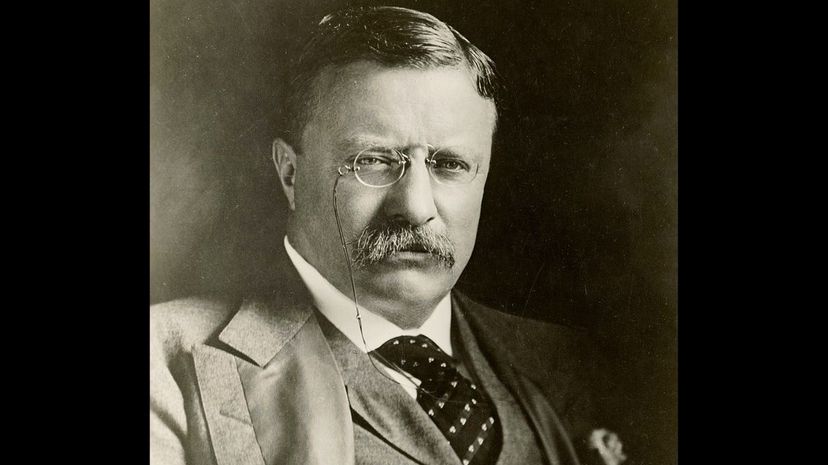
Theodore Roosevelt was elected as the 26th President of the United States during the Progressive Era of the Republican Party. One of the party's main tasks was to disassociate politics from corporate corruption.
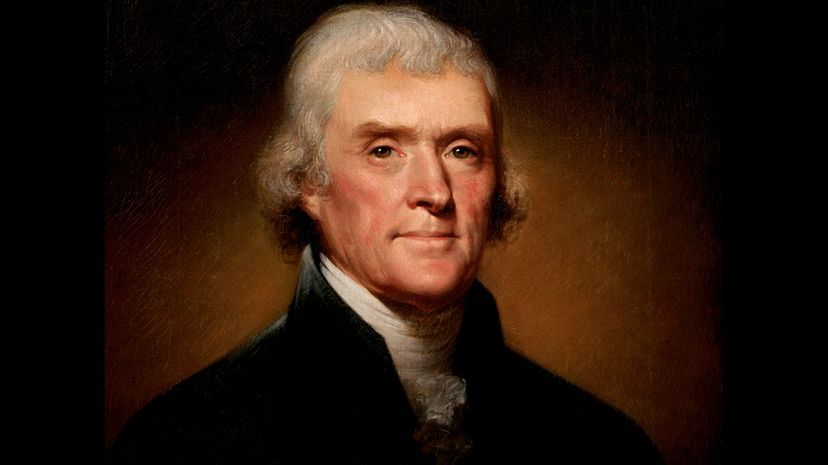
After the creation of the United States, Thomas Jefferson split with the other Founding Fathers over the issue of the French Revolution. Jefferson was sympathetic to the revolution and made it part of his politics in the newly formed Democratic-Republican Party.
Advertisement
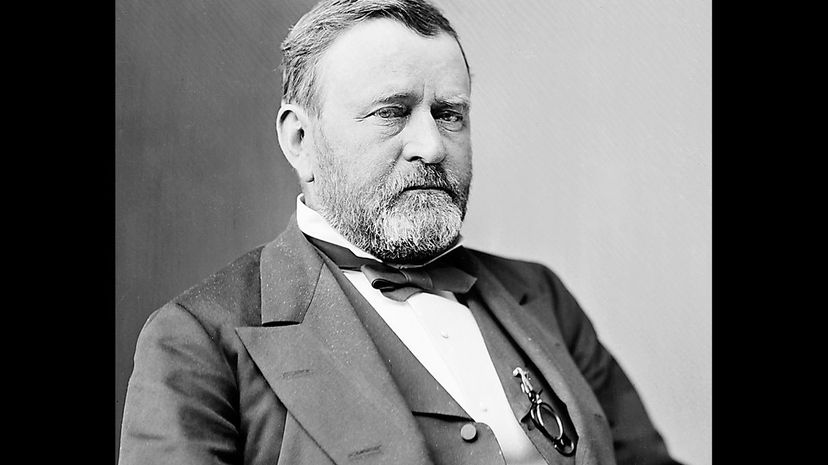
Ulysses S. Grant was a terrific general, but he was never really fit for a life in the White House. During his time as president, he found himself involved in scams that he seemingly didn't even realize were happening, tarnishing his legacy somewhat.
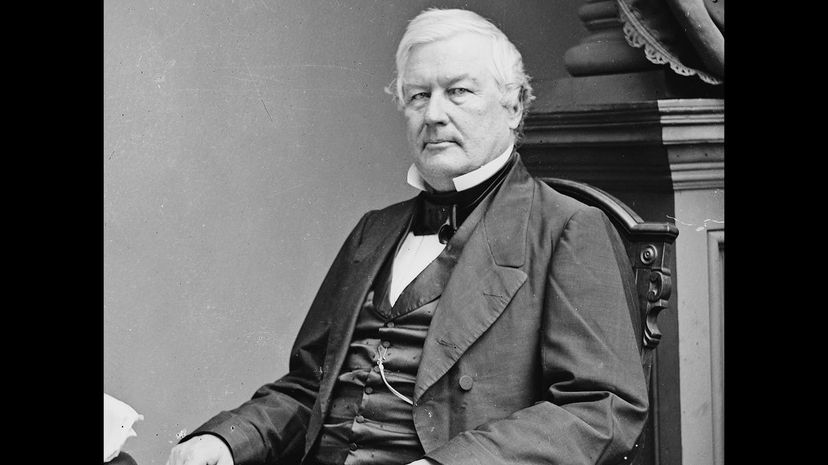
The battle over slavery was running rampant when Millard Fillmore came into office after the death of his predecessor. Fillmore managed to tame the conflict slightly by passing the Compromise of 1850, which primarily ended the slave trade in Washington D.C. and tightened laws around fugitive slaves.
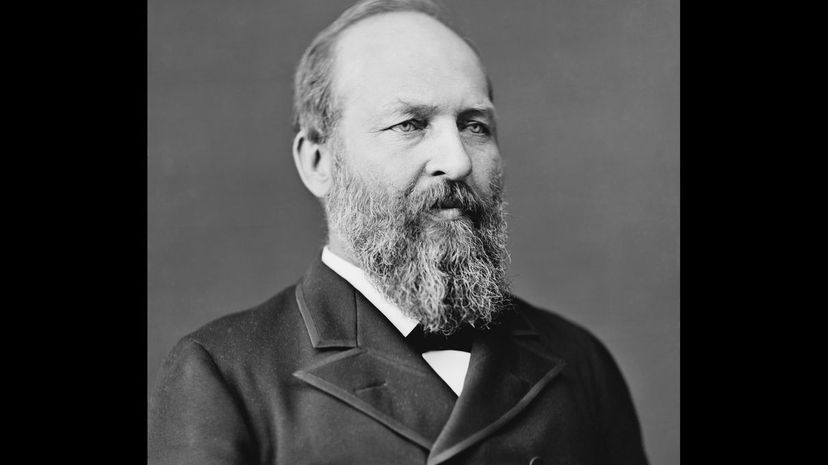
James A. Garfield was assassinated by Charles Guiteau while in office less than a year into his presidency. Guiteau believed that by not rewarding him with a consulship, Garfield had not recognized his efforts in helping the president get elected.
Advertisement
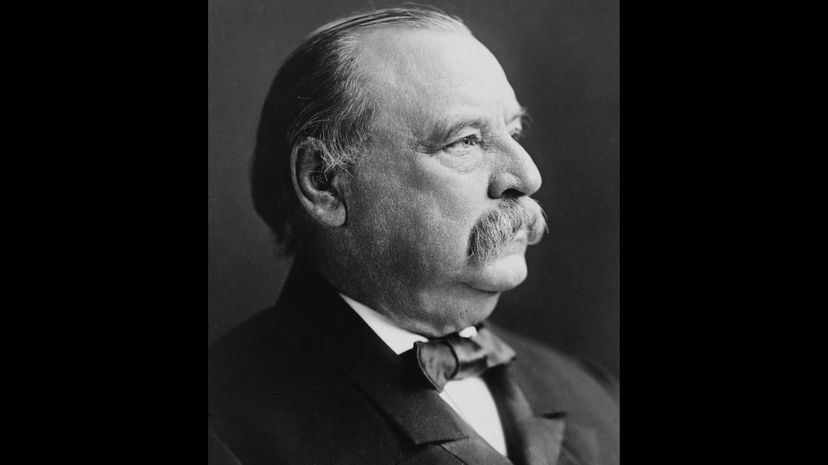
Democrats had a tough time getting elected in late 19th century and early 20th century, but Grover Cleveland was one president who broke that mold. Leading the Bourbon Democrats, Cleveland ran on policies supporting businesses and farmers.
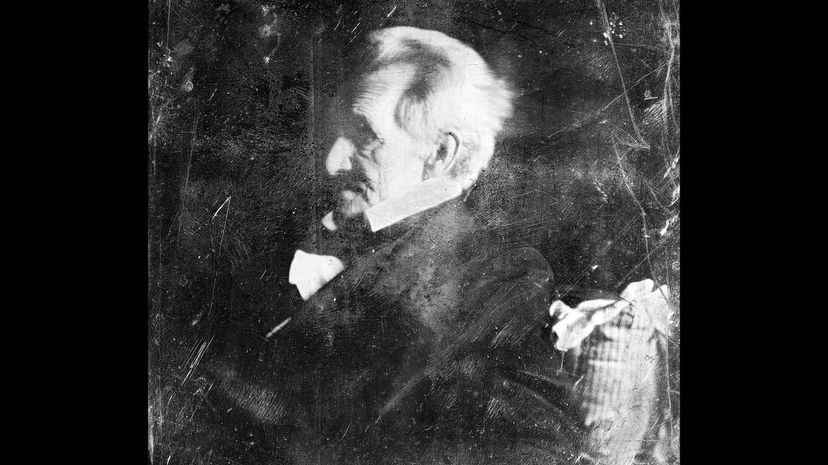
While the wealthy merchants hated him, Andrew Jackson was able to gain support by relying on populism across the country. Promoting himself as one of the masses, Jackson rallied together Americans who did not own property.
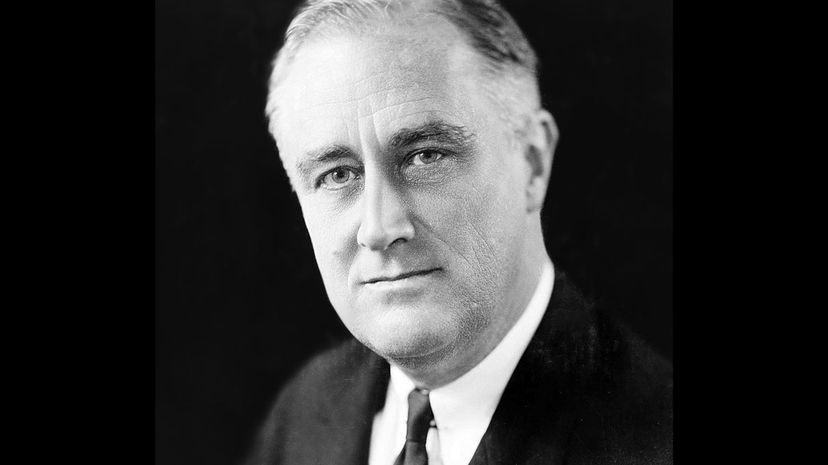
The United States was suffering significantly from the Great Depression when Franklin D. Roosevelt came into office in 1933. His New Deal program helped put Americans back to work and stimulated the economy until WWII broke out.
Advertisement
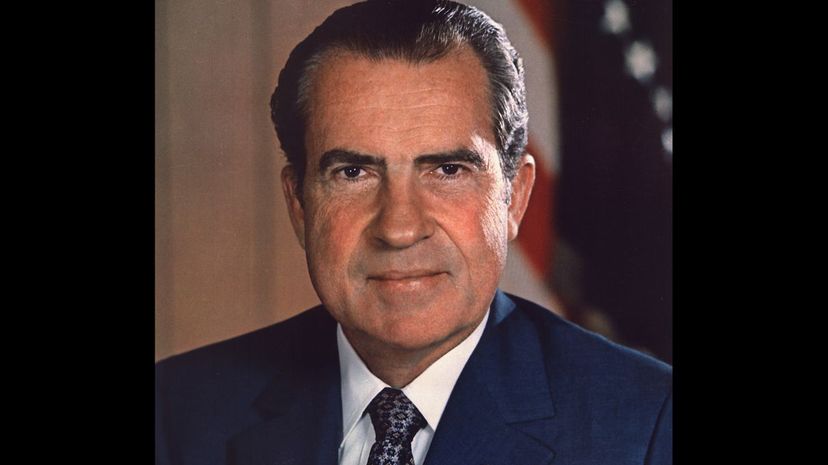
Despite its controversial ending, Richard Nixon's presidency wasn't completely void of success. The president was in office for the Apollo 11 moon landing, and he opened up relations with China when he visited the country in 1972.
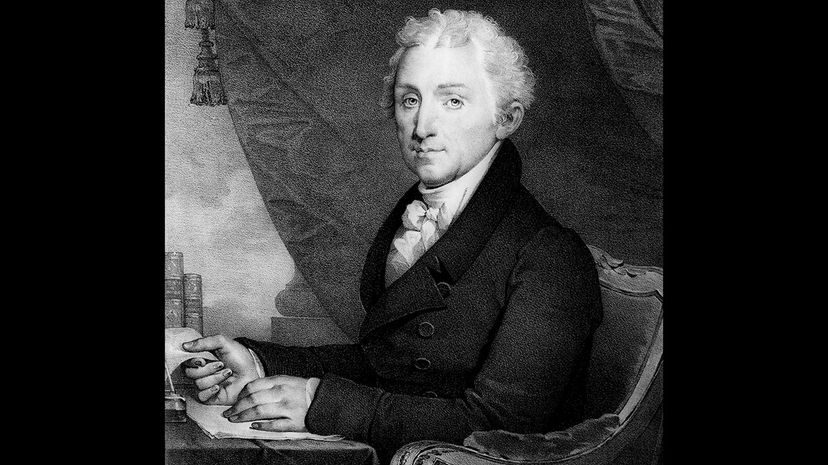
European colonialism in the Americas was still extremely prominent even after the American Revolution. In response to this, James Monroe issued the Monroe Doctrine, which recognized existing European colonies but opposed the creation of new ones.
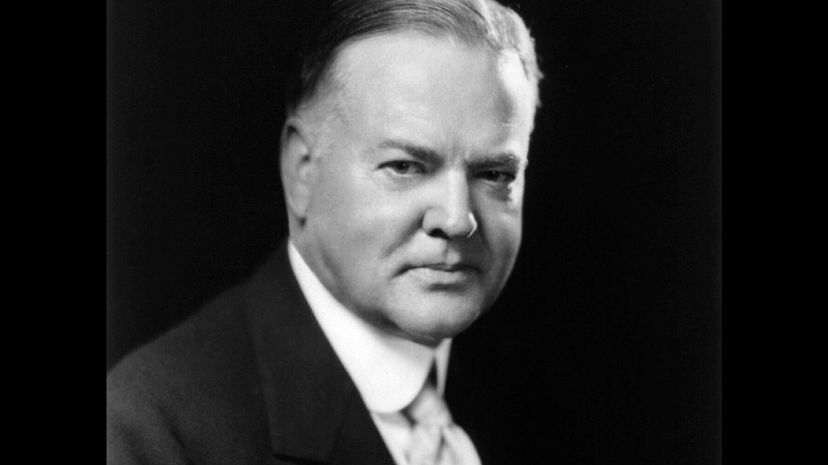
Herbert Hoover ran on humanitarian ideals when he won the presidency in 1929. However, the Great Depression would prove to be too big of an obstacle for him to overcome, which wasn't helped by the fact that he lowered taxes in the face of the crisis.
Advertisement
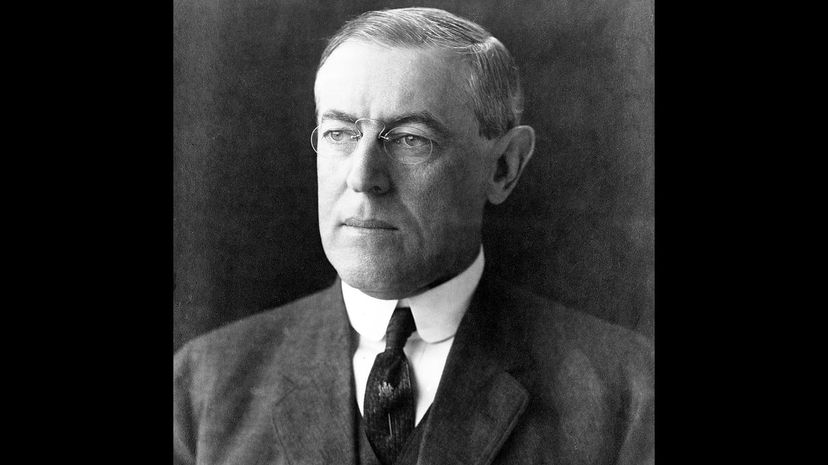
Woodrow Wilson was one of the driving forces behind the League of Nations, which was founded after WWI to maintain peace between countries. However, Congress never got behind the idea, and the United States didn't join the league.
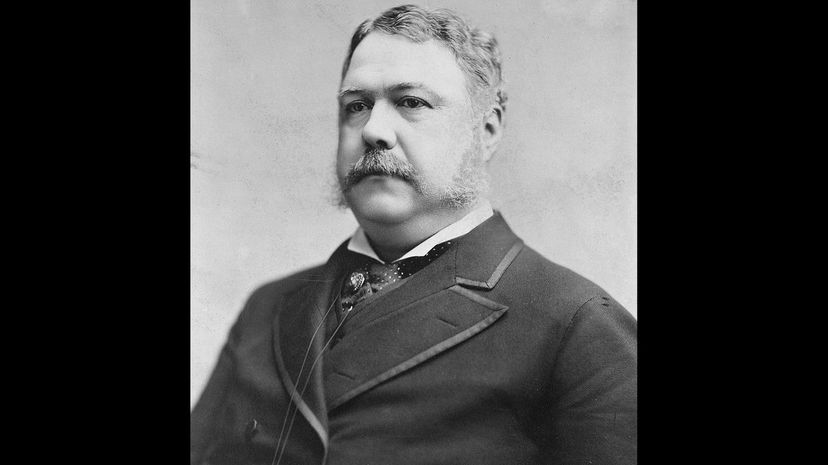
After finishing the term in office of his predecessor, Chester A. Arthur initially sought reelection in 1884. However, he wasn't well supported by his party, and his health was deteriorating, so he gave little effort to his campaign and was defeated by James Blaine.
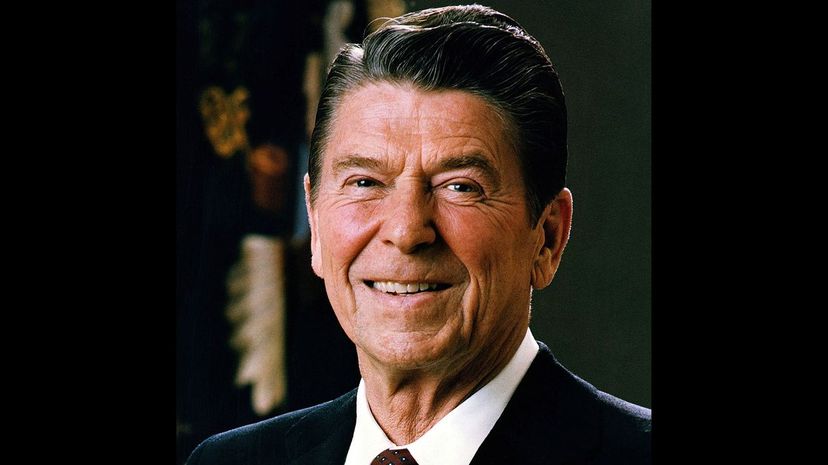
Long before he ran for president, Ronald Reagan had a successful career as an actor in Hollywood. Reagan played in a variety of movies from "Bedtime for Bonzo" to "Hellcats of the Navy."
Advertisement
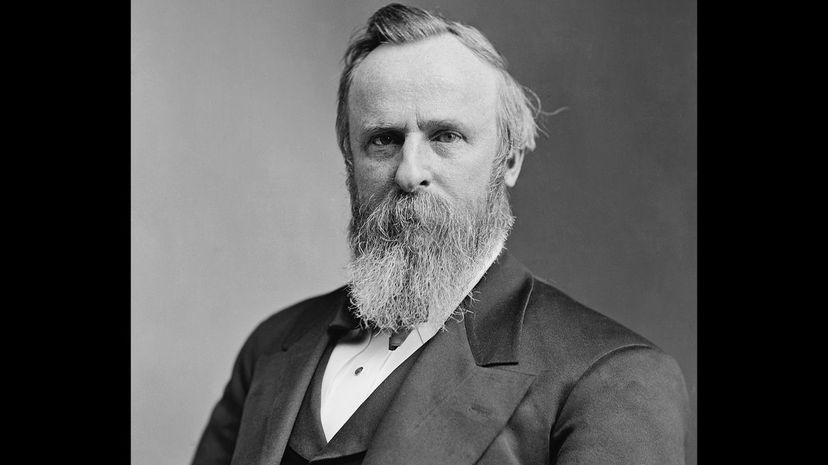
Rutherford B. Hayes won the election of 1876 in a close contest against Samuel Tilden that was only decided after the Compromise of 1877. The compromise gave Hayes the presidency, but it also required that he withdraw federal troops from the South, ending Reconstruction.
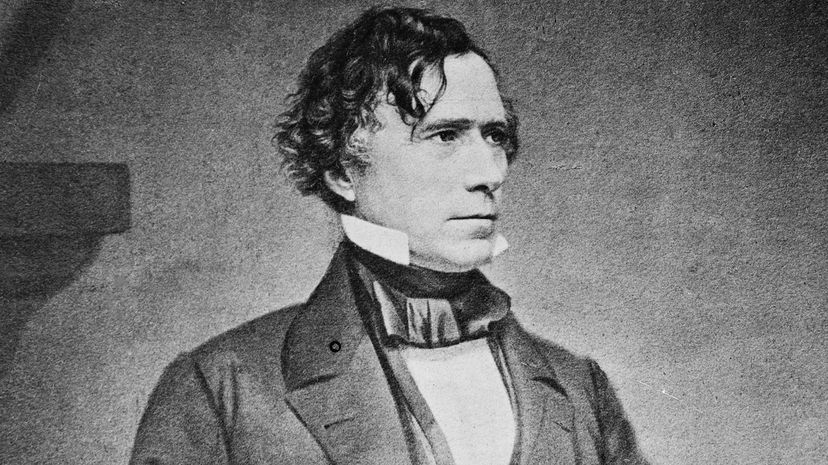
The abolitionist movement was in full swing when Franklin Pierce took office in 1853. Believing that the movement would only further escalate tensions with the South, Pierce helped pass pro-slavery legislation that would have implications for years to come.
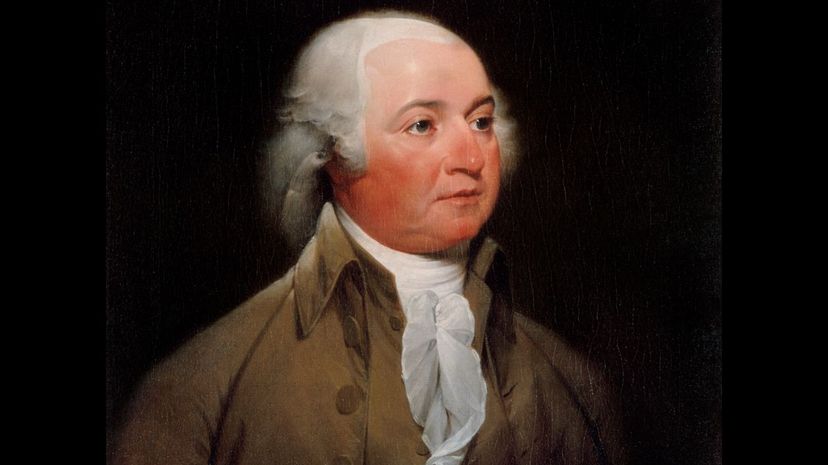
John Adams' wife, Abigail Adams, is as well known as her husband because of her role in his presidency. She served as one of his closest advisors, and an exchange of letters between the two shows just how much information they shared.
Advertisement
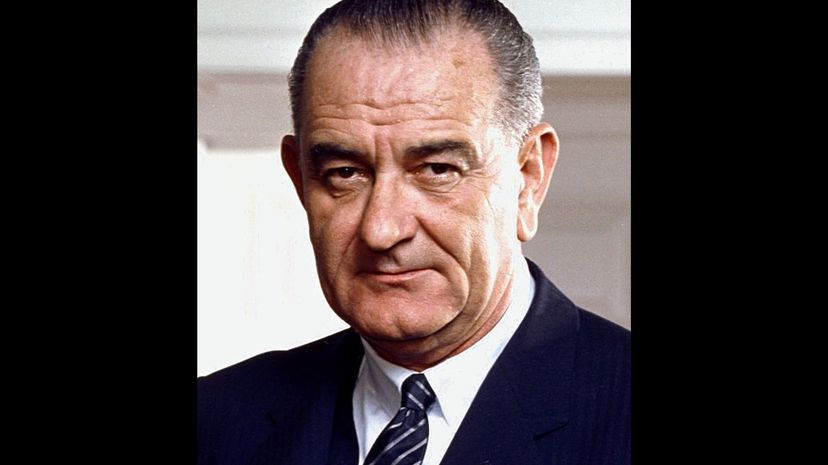
Lyndon B. Johnson never really wanted to fight the war in Vietnam, but the support for the war remained high throughout most of his presidency. Johnson, instead, preferred to focus on domestic affairs through his "Great Society" legislation.
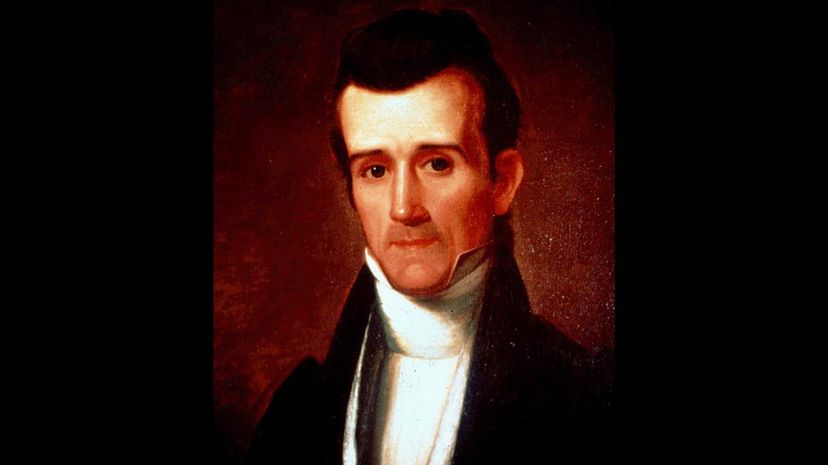
Taught under the tutelage of Andrew Jackson, James K. Polk was a huge proponent of Jacksonian democracy. This political viewpoint stressed the importance of expanding suffrage to keep power out of the hands of the elite.
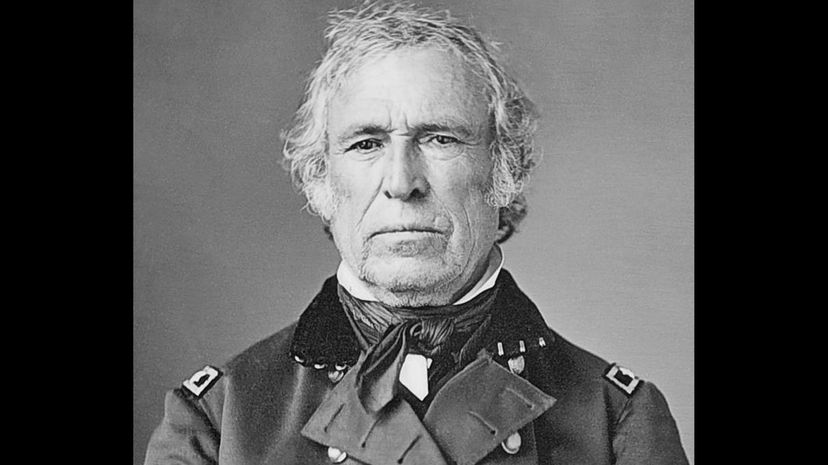
In preparation for war, Zachary Taylor was sent to Texas while serving as a general in the United States Army. His major victory at Palo Alto made him a national hero and was one of the major reasons he won the presidency.
Advertisement
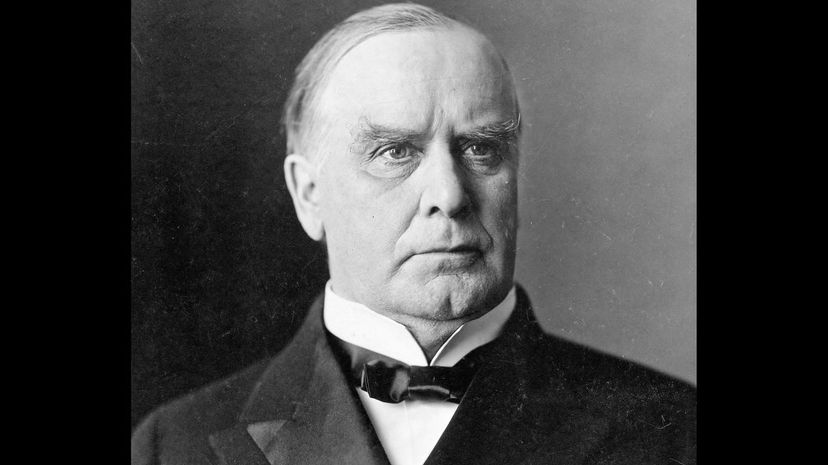
William McKinley presided over the United States during the Spanish-American War in 1898. Ending with the Treaty of Paris, the war was a fairly quick ordeal and gave the United States power over areas like Puerto Rico, Guam and the Philippine Islands.
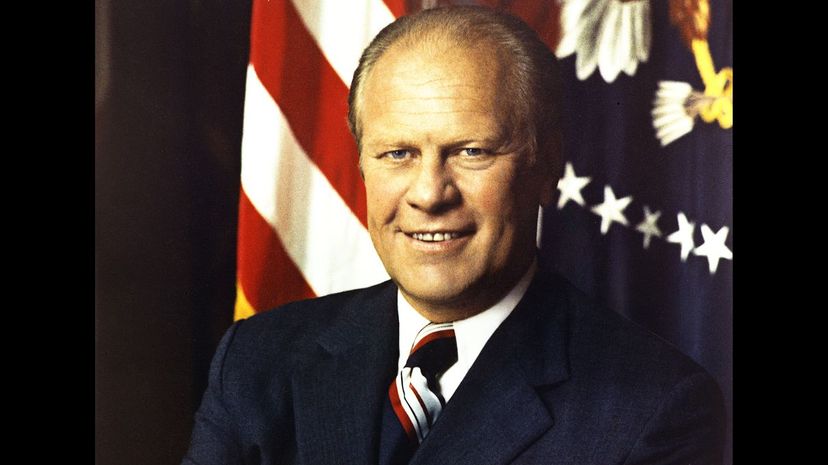
Gerald Ford held a unique position within the American political system because he was never elected president or vice president. Instead, he served as a replacement in both offices after separate scandals removed his predecessors. In 1973, Vice President Spiro Agnew resigned, giving Ford the vice presidency. The following year, Ford became president when Richard Nixon resigned.
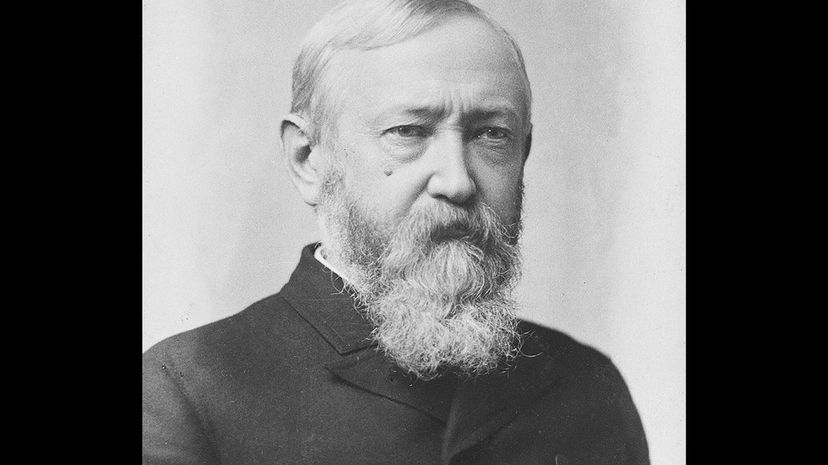
Benjamin Harrison was one of the first presidents to move the United States away from its reliance on isolationism. One such policy was standing against Britain and Canada when it came to the overexploitation of seals in the Bering Sea.
Advertisement
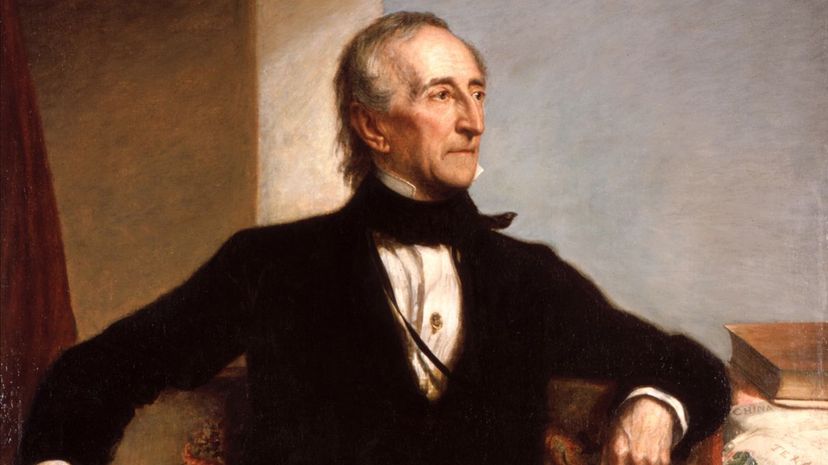
John Tyler's political career began at an early age when he was elected to the Virginia state legislature at the age of 21. He later served in both houses of Congress and as the governor of Virginia, giving him a full ranging political career.
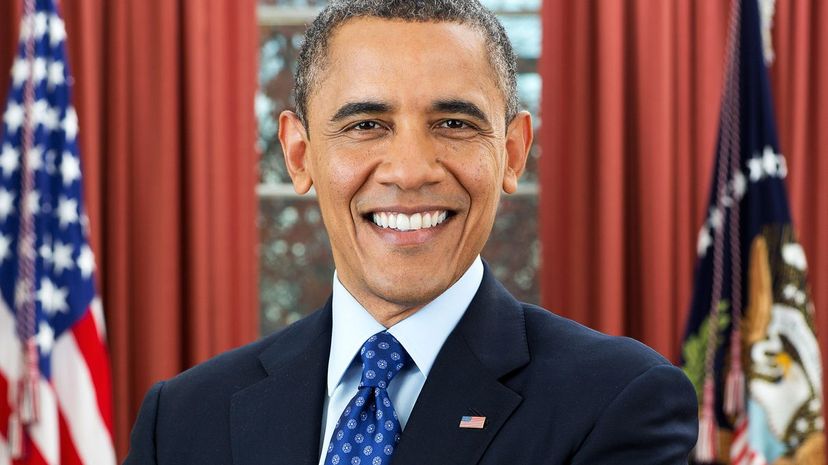
The presidential election of 2008 pitted two firsts against one another. Not only was Barack Obama the first African-American candidate to make it past the primary, but he ran against John McCain, whose running mate was Sara Palin, who would have been the first female vice president in office had they won.
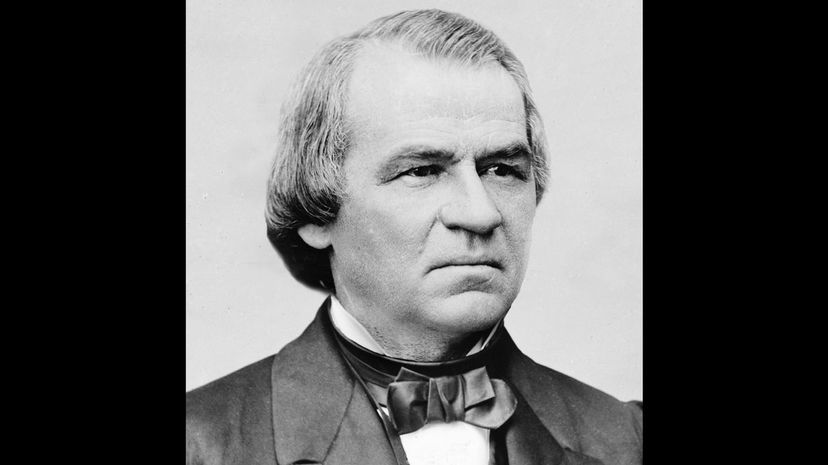
After taking over the presidency, Andrew Johnson lost favor with the Republican-led Congress because his policies after the Civil War seemed too easy on the South. This eventually led to his impeachment, though he wasn't removed from office.
Advertisement
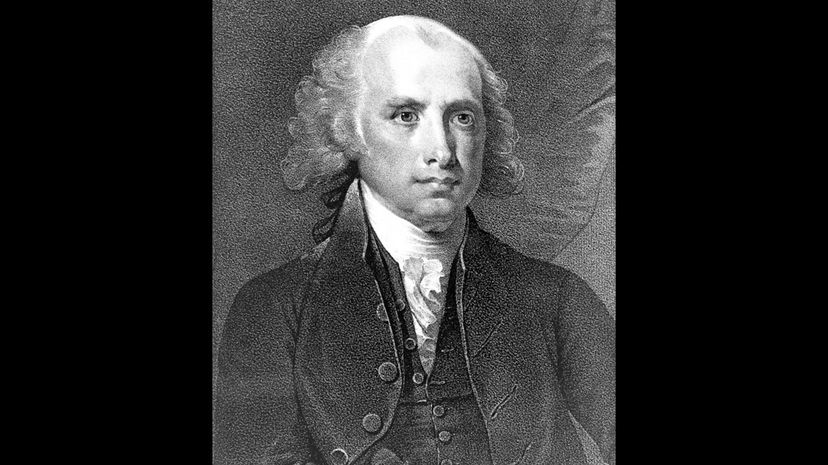
While serving as secretary of state, James Madison was able to secure a deal with France known as the Louisiana Purchase. The deal doubled U.S. territory and was obtained at a low price since France was in the middle of a European war.
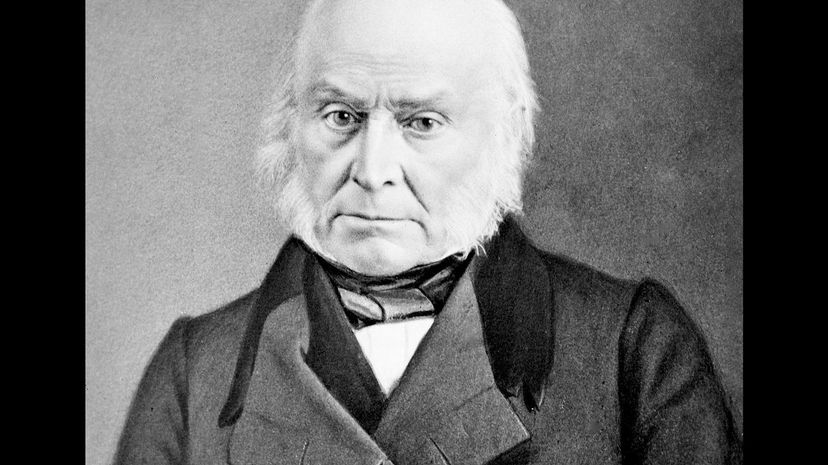
The son of John Adams, John Quincy Adams served many roles before finally taking over as president of the United States. One of his earliest positions in the government was serving as minister to Prussia under his father.
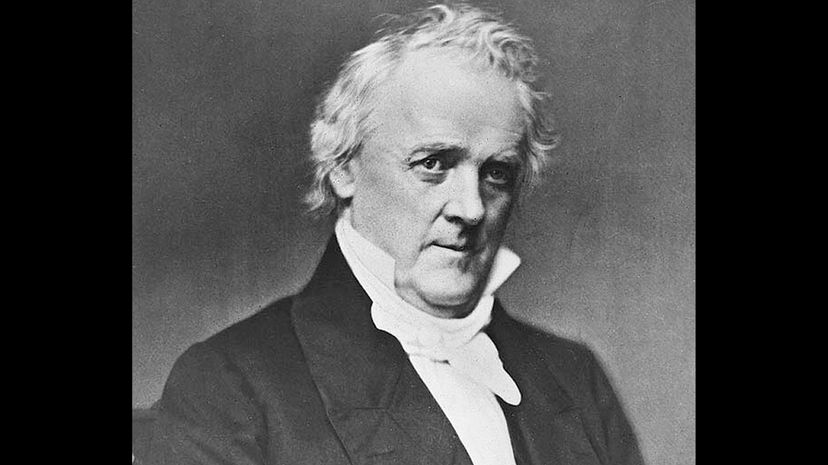
A member of the Democratic Party, James Buchanan favored politics that benefited slave states in the South. He was president when the Supreme Court ruled on Dred Scott v. Sandford, which decided that the U.S. Constitution did not give citizenship to people of African descent.
Advertisement
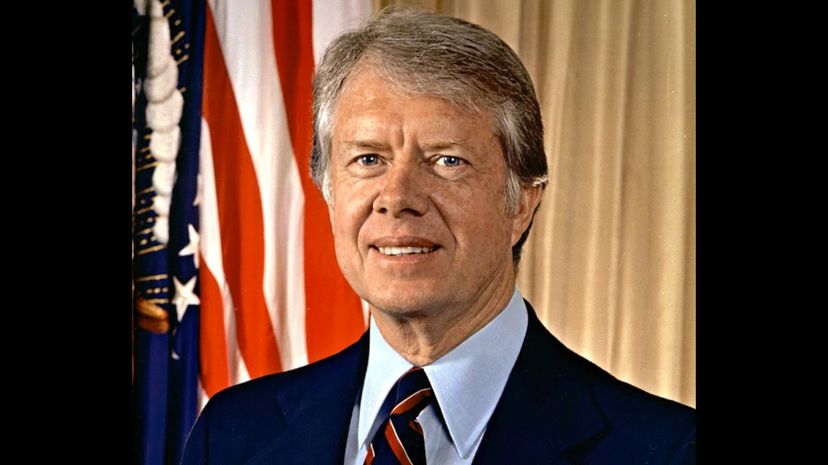
Jimmy Carter's political career may have ended after only one term as President of the United States, but he remained active in finding solutions to problems both domestic and abroad. For his work, he was awarded the Nobel Peace Prize in 2002.
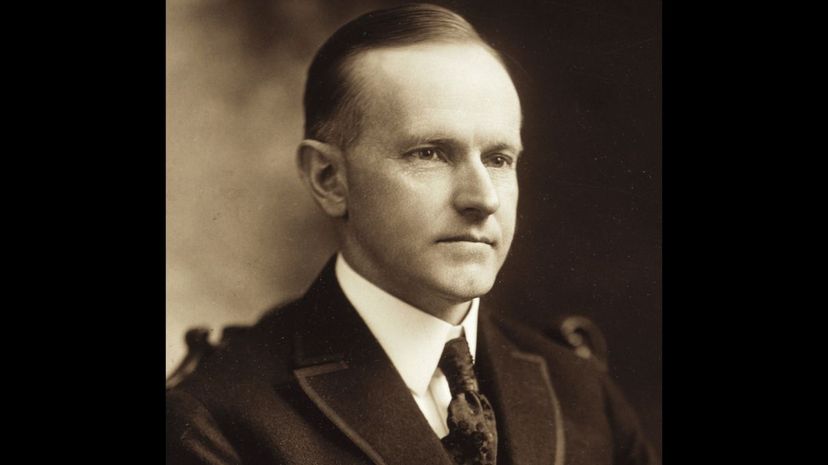
Running under the Republican Party, Calvin Coolidge promoted small government politics. He believed in leaving the economy alone, or laissez-faire economics, which might have contributed to the economic boom of the '20s.
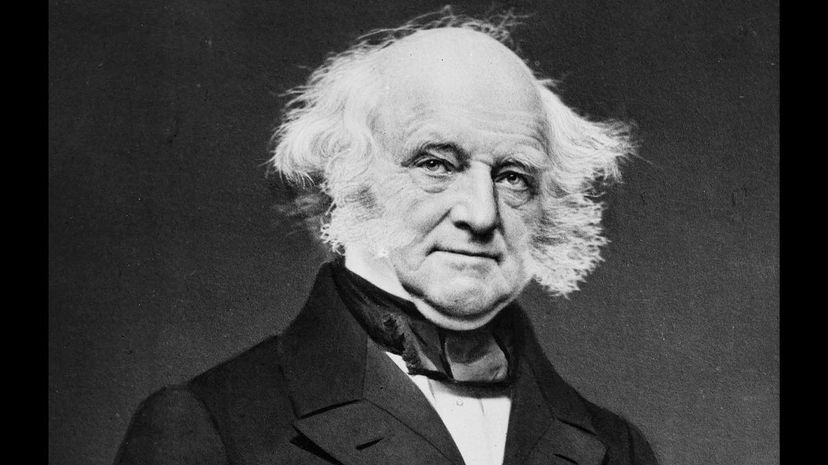
Martin Van Buren came to office partially through the endorsement of Andrew Jackson, with whom he started the Democratic Party. However, his presidency was marred by an economic downturn in 1837, and he lost reelection to a member of the Whig Party.
Advertisement
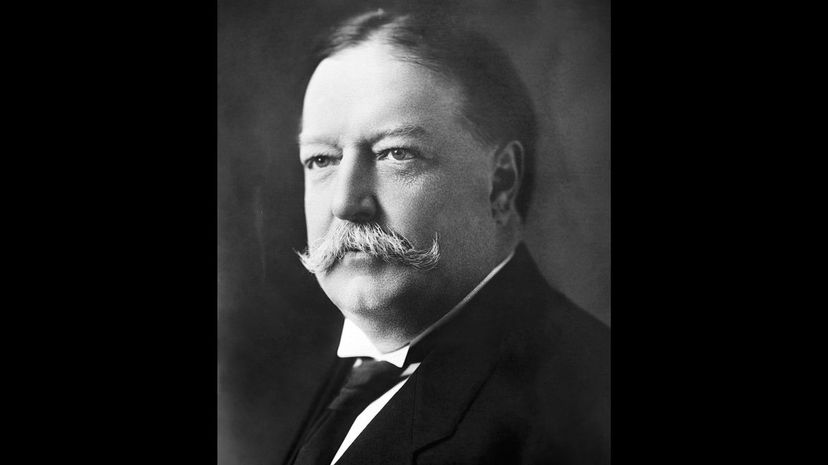
After leaving the presidency, William Howard Taft finally achieved his career goal of being appointed a Chief Justice of the United States. He held the position from 1921 until his death in 1930.